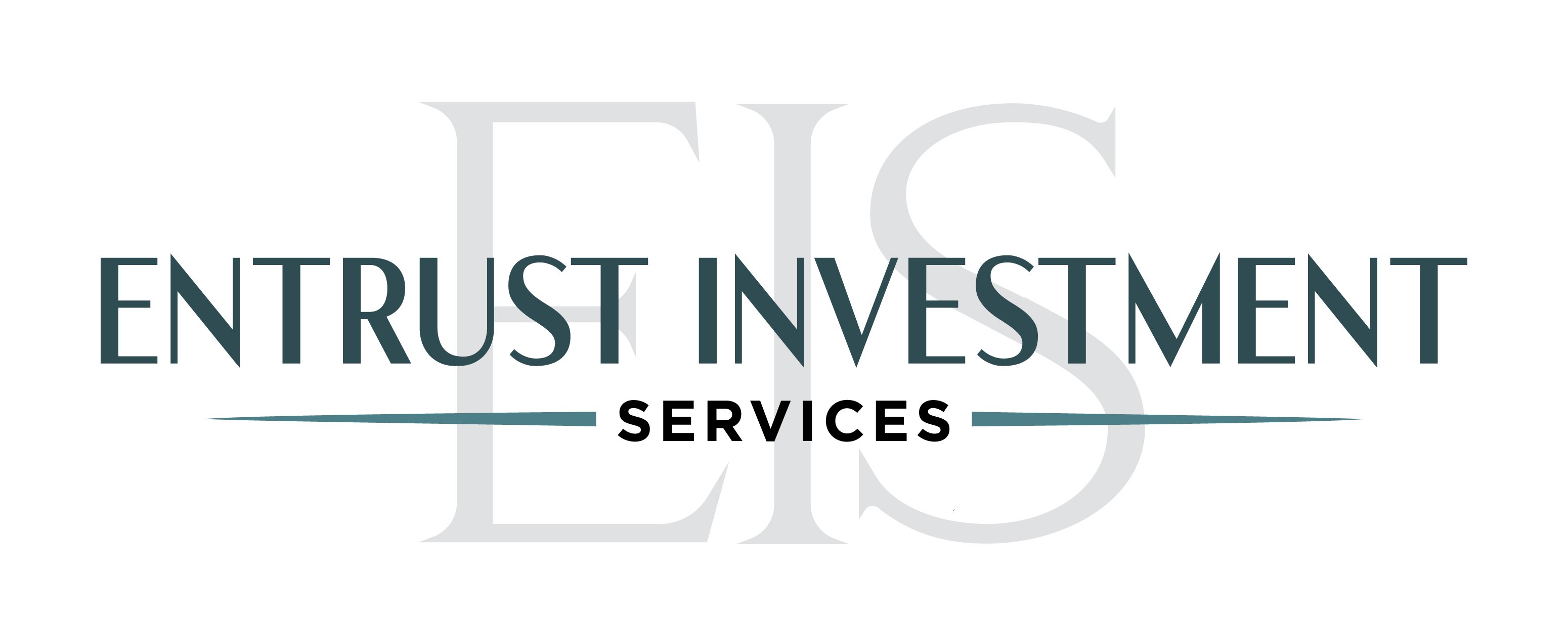Embarking on a tax-free retirement journey requires understanding various financial tools and strategies. This comprehensive guide will summarize previously explored methods and highlight some considerations and action steps for a successful transition.
Recap of Tax-Free Retirement Methods:
- Roth Conversions: Convert traditional IRAs or qualified retirement plans to Roth IRAs, taking advantage of tax-free withdrawals in retirement. However, conversion taxes and other intricacies apply.
- Municipal Bond Income and Qualified Dividends: Shift towards assets producing income that can be received tax-free or at favorable tax rates. Tax-sensitivity and potential capital gains are essential considerations.
- Tax-Deferred Products: For conservative spenders, annuities offer tax-deferred growth with specific distribution nuances.
- Life Insurance as a Savings Vehicle: Beyond protection, life insurance can act as a tax-free retirement tool, leveraging tax-deferred growth and tax-free loans.
Deep Dive into Considerations:
- Analyzing Roth Conversion Feasibility: For those with significant qualified account balances, the tax implications of Roth conversions might negate the benefits. A thorough cost-benefit analysis is crucial.
- Pension Benefit Impact: Large pension benefits might mean an entirely tax-free retirement is challenging. Pension income, combined with other income sources, might push retirees into higher tax brackets.
- Tax vs. Net Benefit: Sometimes, paying taxes might result in a higher net benefit. For instance, if a Corporate A-rated bond pays 5%, it could be more beneficial than a Municipal bond paying 3% for someone in the 12% tax bracket.
Detailed Calculation:
- Corporate Bond: $100,000 x 5% = $5,000 income. After 12% tax: $5,000 - $600 (12% of $5,000) = $4,400 net income.
- Municipal Bond: $100,000 x 3% = $3,000 income. This is tax-free.
Let's break this down: As observed, the Corporate bond, even after taxes, yields a higher net income of $4,400 compared to the Municipal bond's $3,000.
Action Plan for Tax-Free Retirement:
- Evaluate your Income Sources: Do your Pension benefits prevent you from ever enjoying a tax-free retirement? How about Rental Income from real estate? Anything else? Consider the viability first!
- Evaluate Roth Conversions: What would it take to convert your IRA, 401k, 403b, or other tax deferred accounts to Roth IRA's? Is the tax tradeoff worth it?
- Do you need to consider restructuring your investments? What kinds of investment income are you currently generating? Could you restructure those investments to generate more tax advantageous income sources?
- Are you a Candidate for Tax Deferred Vehicles? Should you consider annuities or life insurance to defer the taxes on your savings and possibly convert those dollars into a source of tax-free income?
- Consult Financial Advisors: To navigate the complexities of tax-free retirement strategies, professional advice is invaluable.
- Regularly Review and Adjust: Financial landscapes change. Regular reviews ensure strategies remain relevant and beneficial.
- Stay Informed: Tax codes, market conditions, and personal financial situations evolve. Continuous learning ensures retirees remain ahead of the curve.
Conclusion: Achieving a tax-free retirement is more than just implementing strategies—it's about understanding them thoroughly, analyzing their implications, and making informed decisions. While the journey has its challenges, with careful planning and foresight, a tax-efficient retirement is within reach.




